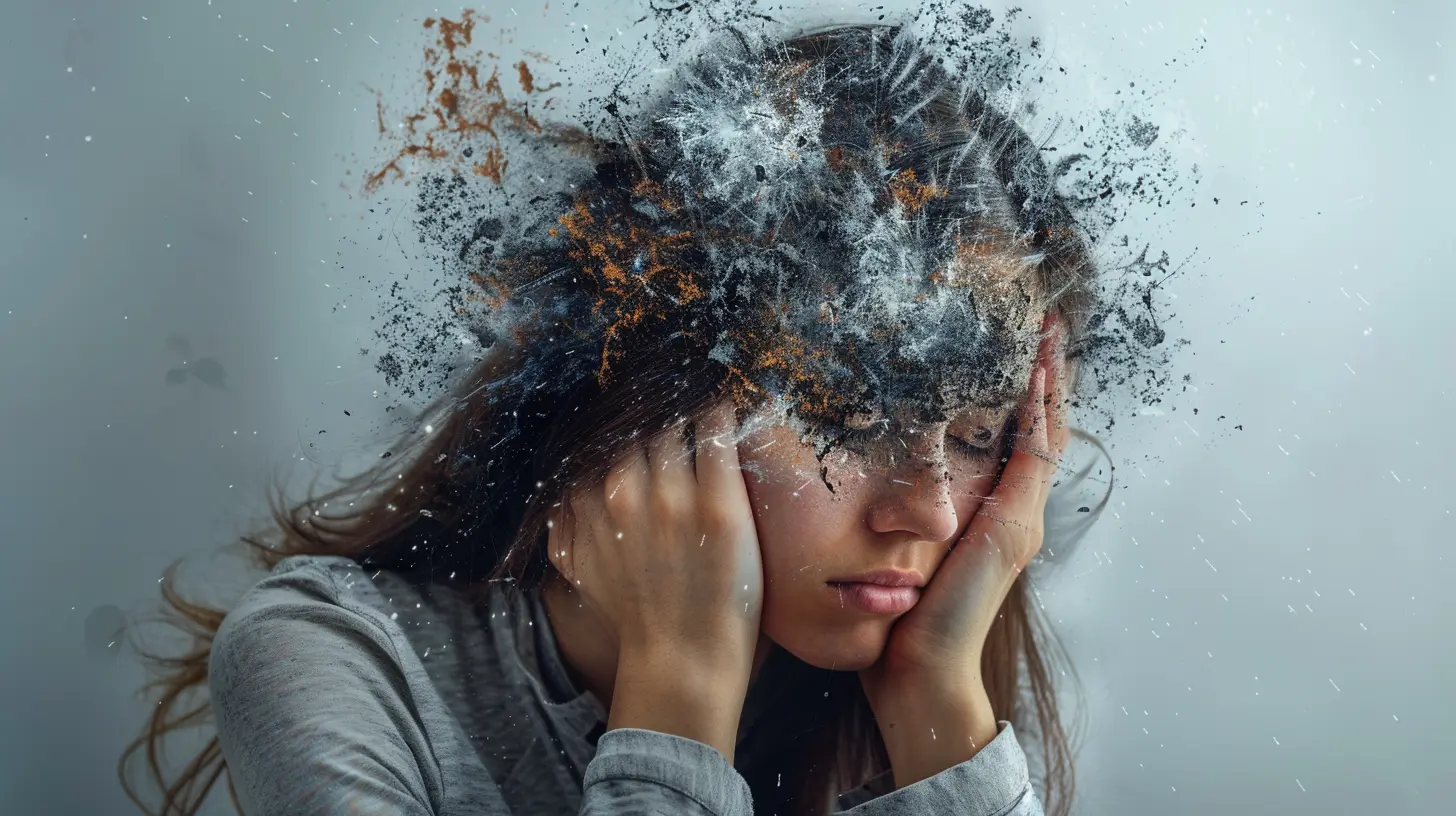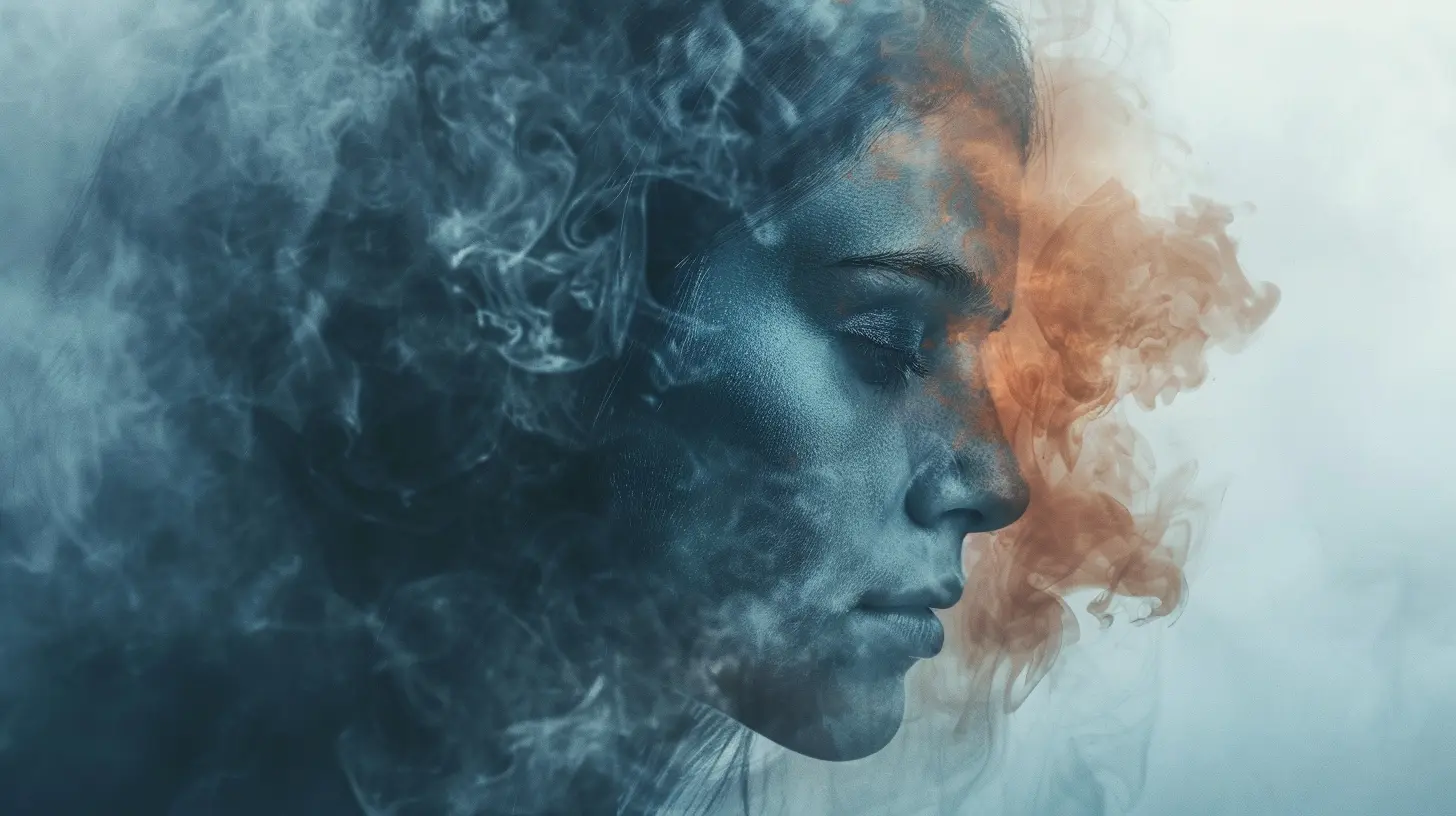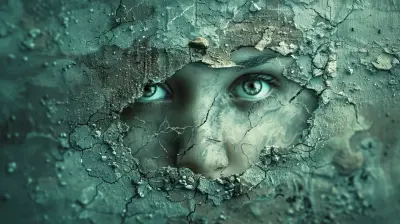The Effects of Sleep Disorders on Mental Health
17 November 2025
Let’s be real for a second — how many times have you woken up groggy, grumpy, and just done with the day before it even starts? Now imagine that feeling, but every single day. Sounds awful, right? That’s the not-so-glamorous reality for millions of people dealing with sleep disorders. And what a lot of folks don’t realize is that poor sleep doesn’t just make you tired — it messes with your head in ways you wouldn’t believe.
In this article, we’re diving deep into how sleep disorders can affect your mental health — from subtle emotional shifts to full-blown psychological conditions. Buckle up, because things are about to get seriously eye-opening (pun intended).
What Are Sleep Disorders Anyway?
Sleep disorders aren’t just about tossing and turning for a night or two. They’re long-term conditions that mess with the quality, timing, or amount of sleep you get. And let’s just say, your brain is not a fan of that.Some Common Trouble-Makers:
- Insomnia – Trouble falling or staying asleep.- Sleep apnea – Breathing repeatedly stops and starts during sleep.
- Restless leg syndrome (RLS) – Uncontrollable urge to move your legs.
- Narcolepsy – Sudden sleep attacks during the day.
- Circadian rhythm disorders – When your body clock's totally out of whack.
Each of these disrupts your sleep in different ways — but they all have something in common: they can really mess with your emotional and mental wellbeing.
Sleep and the Brain: An Unbreakable Bond
Ever tried functioning after just three hours of rest? Your brain turns into mashed potatoes.Sleep isn’t just downtime for your body. It’s when the brain does critical cleanup — like emptying out harmful toxins, consolidating memories, and balancing neurotransmitters. When you don’t get enough quality sleep, your brain struggles big time.
Think of it this way: sleep is like a nightly tune-up for your brain. Without it, things start to break down.
Mood Swings? Blame Your Pillow
Let's start with the basics. One of the first things to go out the window when you’re sleep-deprived? Your mood.Even one night of poor sleep can make everything feel extra. You’re more likely to snap at your partner, cry at commercials, or get irrationally irritated when you can’t find your keys. It’s not just being “a little tired” — your emotional control center literally loses its grip.
Here’s The Science
Lack of sleep messes with the amygdala, the part of the brain that handles emotions like fear, anger, and anxiety. Without proper rest, the amygdala becomes overly reactive, like a smoke alarm that goes off when you toast bread. Meanwhile, the prefrontal cortex — the part responsible for rational thinking — gets sluggish.So yeah, when you’re sleep-deprived, you’re walking around with a super-sensitive emotional trigger and a sleepy logic filter. Not a great combo.
Anxiety and Sleep Disorders: A Vicious Loop
If you’ve ever laid in bed worrying about not being able to fall asleep... congrats, you’ve already met the anxiety-sleep cycle.Here’s how it goes:
1. You can’t sleep because you're anxious.2. You get anxious because you can’t sleep.
3. Repeat nightly until you’re a walking stress ball.
Anxiety disorders and sleep disorders often go hand-in-hand. People with insomnia are much more likely to develop anxiety. And on the flip side, people with anxiety are more likely to struggle with sleep. It’s a two-way street, and not the scenic kind.
Watch Out for These Signs:
- Racing thoughts at bedtime- Feeling wired but exhausted
- Waking up in the middle of the night with a pounding heart
- Constantly clock-watching at night
If that sounds familiar, you might be stuck in this exhausting loop.
Depression Doesn’t Sleep (Even When You Want To)
Let’s talk about a heavy hitter: depression. It’s strongly linked to sleep issues — and not just because people with depression often can’t get out of bed.Here’s What’s Wild
Up to 90% of people with depression also have some kind of sleep disorder — most commonly insomnia or hypersomnia (sleeping way too much). And, if you aren’t already depressed, chronic sleep deprivation can significantly raise your risk of developing it.It’s a double whammy. Without enough rest, your brain’s serotonin levels drop — and serotonin is one of the “happy chemicals” that helps regulate your mood. So you end up feeling down, hopeless, tired... and then, surprise! You can’t sleep again tonight.
Cognitive Fog and Poor Focus
Ever feel like your brain is trying to process life through a swampy haze? Sleep disorders can suck the clarity right out of your thoughts.What Actually Happens:
- Short-term memory gets foggy- Long-term memory consolidation gets messed up
- Decision-making becomes harder
- Creative thinking? Forget about it
This isn’t just about being a little forgetful or distracted after skipping sleep. Long-term sleep deprivation has been shown to mimic the effects of mild cognitive impairment. Over time, that can seriously impact not just your work life but your relationships and self-confidence too.
The Rise of Irrational Fears and Paranoia
When your mind is running on empty, it starts to play tricks on you.Some people with sleep disorders — especially those with severe or untreated sleep apnea — start experiencing symptoms that look like psychosis. We’re talking hallucinations, irrational fears, and even paranoia.
Scary, right?
Now, this isn’t super common for everyone with sleep issues, but it shows how desperately the brain needs rest to function normally. Without it, the line between reality and imagination can blur.
The Link With Bipolar Disorder and Schizophrenia
Sleep disturbances aren’t just symptoms of these mental health conditions — they can also be triggers.Bipolar Disorder
People with bipolar disorder often experience insomnia during manic phases and hypersomnia during depressive ones. Interestingly, disrupted sleep patterns can even trigger mood episodes. So keeping a consistent sleep schedule is a top priority for managing bipolar disorder.Schizophrenia
Studies show that people with schizophrenia often have messed-up circadian rhythms. And guess what? That poor sleep may exacerbate symptoms like hallucinations, delusions, and disorganized thinking.Teens and Sleep: A Mental Health Time Bomb
Teenagers and sleep disorders should be a whole topic on their own, but here’s the short version: it’s bad.With school start times that ignore natural sleep rhythms, lots of screen time, and sky-high stress levels, many teens are not getting the rest they need — and their mental health is suffering for it.
Depression, anxiety, poor academic performance, irritability... all of it is made worse by sleep deprivation.
And unlike adults who might recognize the signs, teens often get written off as “lazy” or “moody” — when really, their brains are just exhausted.
So, What Can You Do About It?
If you’re reading this and internally screaming, “This is me! What now?!”, take a breath. The good news is you’re not stuck in this forever.Here are some steps you can take:
1. Talk to a Doctor
Get evaluated for sleep disorders like insomnia or sleep apnea. A sleep study can uncover what’s going on while you snooze (or fail to).2. Improve Sleep Hygiene
That’s just a fancy term for building better bedtime habits. Try:- Going to bed and waking up at the same time daily
- Turning off screens an hour before bed
- Avoiding caffeine late in the day
- Making your bedroom cool, dark, and quiet
3. Cognitive Behavioral Therapy (CBT-I)
This is the gold standard for treating insomnia. It helps you restructure the thoughts and behaviors that are sabotaging your sleep.4. Manage Stress and Anxiety
Mindfulness, journaling, yoga, therapy — whatever helps calm your nervous system can also help you sleep better.5. Don’t Self-Medicate
Tempting as it is to knock yourself out with wine or sleeping pills, that’s a slippery slope. They may help you crash, but they don’t give you the quality sleep your brain needs.Final Thoughts: Sleep Isn’t a Luxury — It’s a Necessity
In our hustle-harder culture, sleep often gets the short end of the stick. But if you take anything from this post, let it be this: sleep is deeply tied to your mental health. Without it, your mood, memory, focus, and emotional stability are headed straight for burnout.So the next time someone brags about pulling an all-nighter or surviving on four hours a night, you can smile and think to yourself, “You’re literally losing your mind.”
Sleep isn’t weak. It’s powerful. And protecting it might just be the most important self-care move you can make.
all images in this post were generated using AI tools
Category:
Psychiatric DisordersAuthor:

Paulina Sanders
Discussion
rate this article
1 comments
Echo Tucker
Sleep disorders can profoundly impact mental health, intertwining the two in a complex relationship. Prioritizing restful sleep is essential not only for physical well-being but also for emotional resilience. Understanding this connection can empower individuals to seek effective treatments and improve overall quality of life.
November 27, 2025 at 5:11 PM


